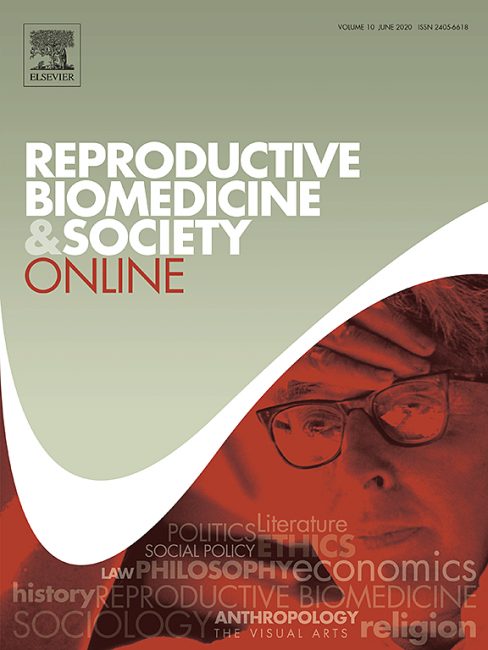de Clémence Schantz, Anne-Charlotte Pantelias, Myriam de Loenzien, Marion Ravit, Patrick Rozenberg, Christine Louis-Sylvestre, Sophie Goyetg, paru dans Reproductive Biomedicine & Society Online, Volume 12, March 2021, Pages 69-78.
Abstract
The experience of childbirth has been technologized worldwide, leading to major social changes. In France, childbirth occurs almost exclusively in hospitals. Few studies have been published on the opinions of French women regarding obstetric technology and, in particular, caesarean section. In 2017–2018, we used a mixed methods approach to determine French women’s preferences regarding the mode of delivery, and captured their experiences and satisfaction in relation to childbirth in two maternity settings. Of 284 pregnant women, 277 (97.5%) expressed a preference for vaginal birth, while seven (2.5%) women expressed a preference for caesarean section. Vaginal birth was also preferred among 26 women who underwent an in-depth interview. Vaginal birth was perceived as more natural, less risky and less painful, and to favour mother–child bonding. This vision was shared by caregivers. The women who expressed a preference for vaginal birth tended to remain sexually active late in their pregnancy, to find sexual intercourse pleasurable, and to believe that vaginal birth would not enlarge their vagina. A large majority (94.5%) of women who gave birth vaginally were satisfied with their childbirth experience, compared with 24.3% of those who underwent caesarean section. The caring attitude of the caregivers contributed to increasing this satisfaction. The notion of women’s ‘empowerment’ emerged spontaneously in women’s discourse in this research: women who gave birth vaginally felt satisfied and empowered. The vision shared by caregivers and women that vaginal birth is a natural process contributes to the stability of caesarean section rates in France.
>> read online
https://www.sciencedirect.com/science/article/pii/S2405661820300277?via%3Dihub


